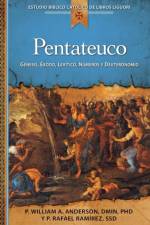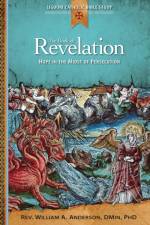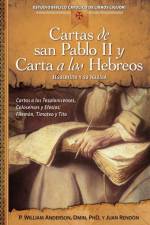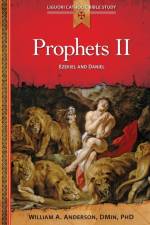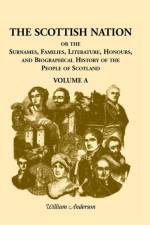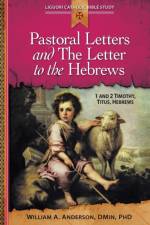- Jesucristo Y Su Iglesia
von Juan Rendon & William (Purdue University Indiana) Anderson
19,00 €
In many ways, Paul was an activist with the message to live as peaceful followers of Christ. Unfortunately, Paul had to confront others who believed he was rejecting his Jewish roots, and his message of peace caused him a great deal of suffering. Paul preaches of unity, love for Christ, moral living, and the Second Coming. He warns of false teachers, promotes vigilance in the wait for Christ, and blesses these communities throughout his letter writing, from his earliest letters, up until those he penned shortly before his death. Paul's encouragement, his advice for faithful living, and his love for Christ speak to us today as clearly as they did for the early Christians. The Spanish-language study is a condensed series of 12 books introducing each and every book of the Bible, providing insight into the Sacred Words of antiquity, and inviting us to discover the living Word and its impact on our daily lives. With narrative, study and questions, reflections, keynotes, and prayer, your understanding of the Scripture will be deepened with the introduction to the spiritual practice of lectio divina. ¿Qué razones motivaron la redacción de las cartas del Cautiverio, las cartas pastorales y la carta a los hebreos? ¿Qué incógnitas e interrogantes inquietaban a las primeras iglesias? ¿Qué respuestas podemos encontrar a dichas preguntas en estas cartas? ¿De qué manera nos invita la lectio divina a orar con estos pasajes de la Escritura? Las cartas a los tesalonicenses, a Filemón, a los colosenses, a los efesios, a Timoteo, a Tito y a los hebreos nos presentan respuestas a diversas problemáticas: interrogantes respecto de determinadas situaciones pastorales, diferencias relacionadas con la estructura de la Iglesia y desconocimiento del alcance y de las implicaciones del sacerdocio de Cristo. A lo largo de las cartas que se analizan en este número podemos ver cómo la Iglesia iba desarrollando la comprensión de sí misma, de su estructura interna y de su jerarquía. En resumen, podemos encontrar mayor sentido de lo que representa nuestro fundador, Cristo sacerdote y su esposa la Iglesia.


